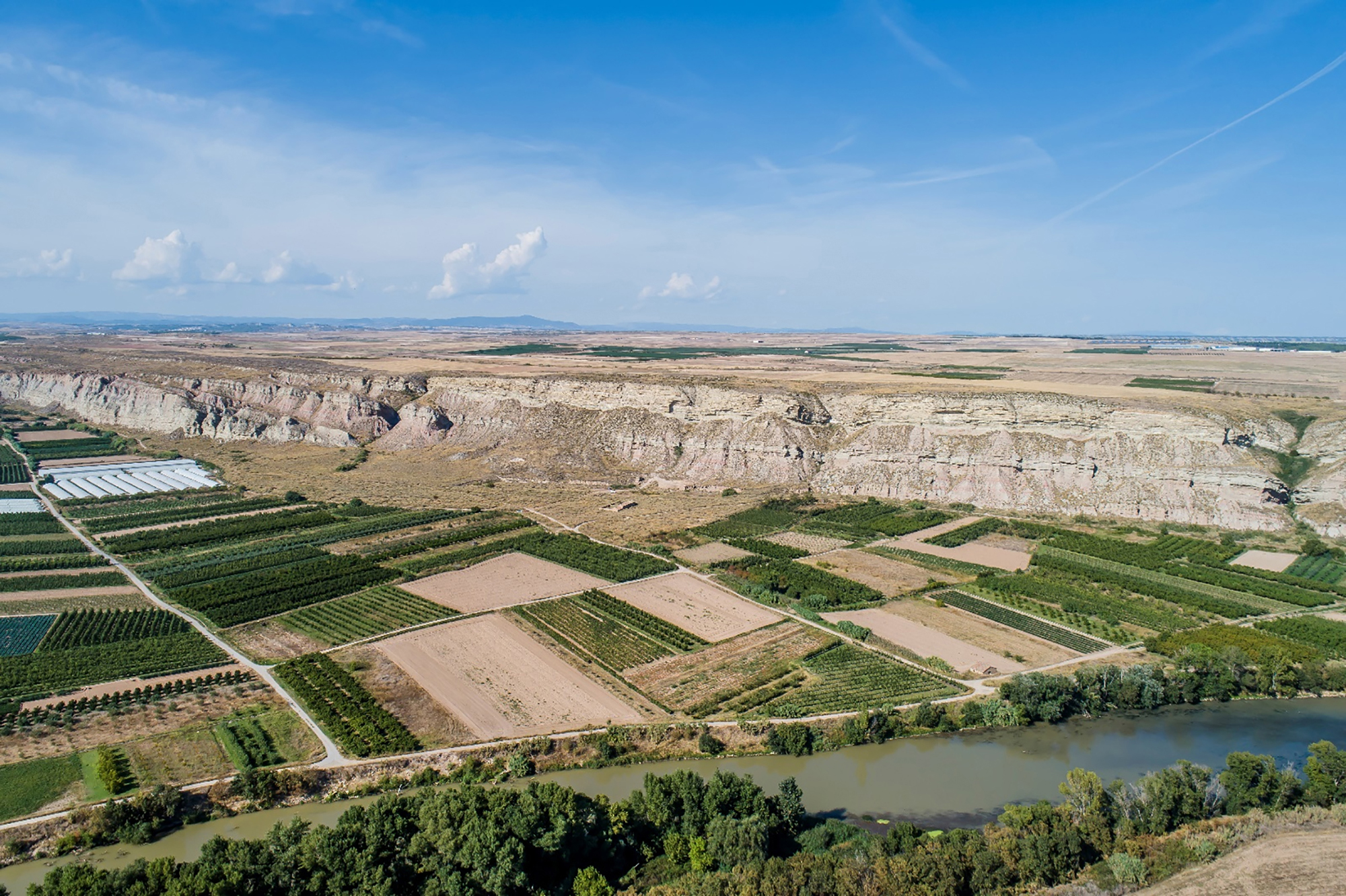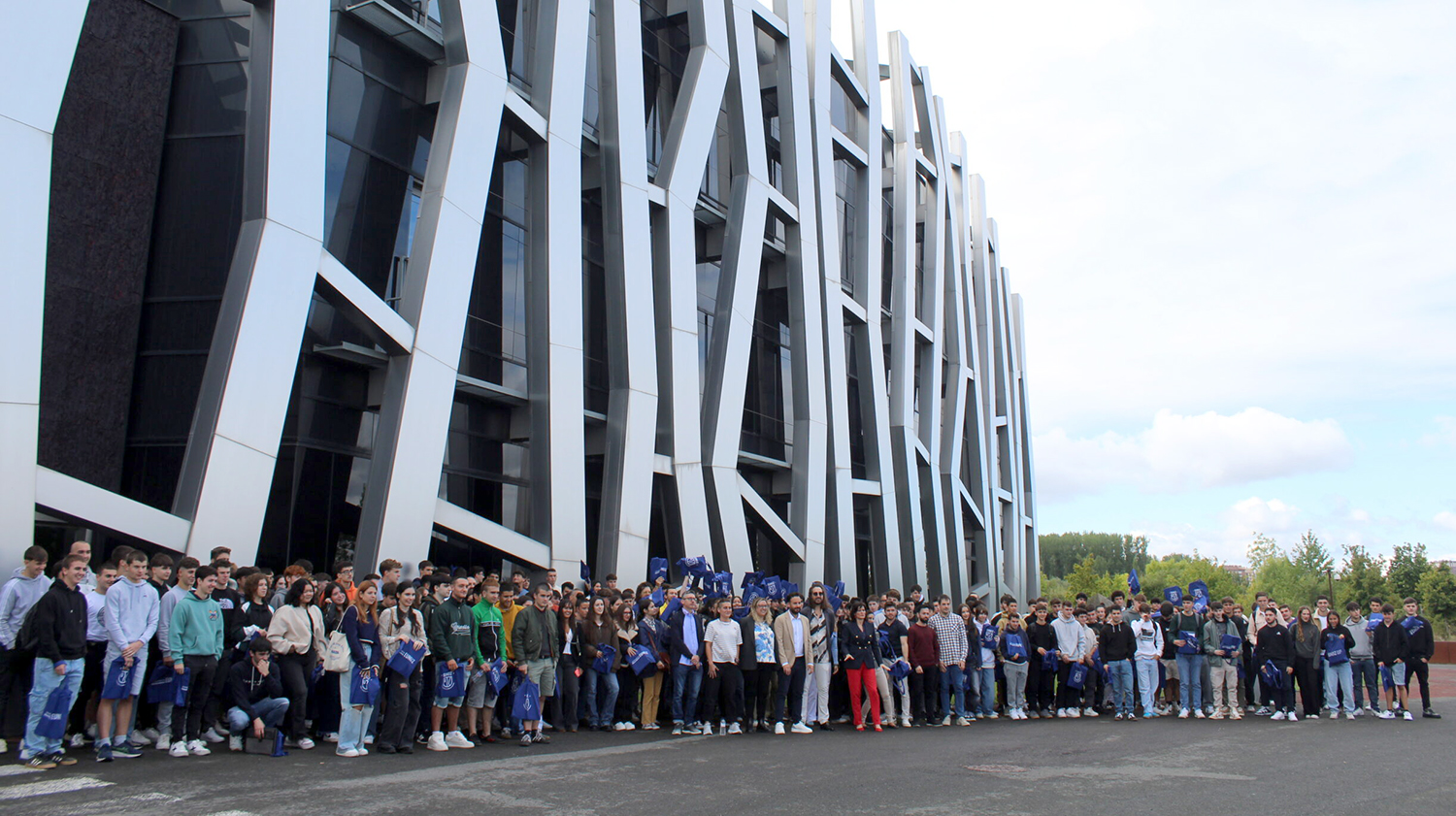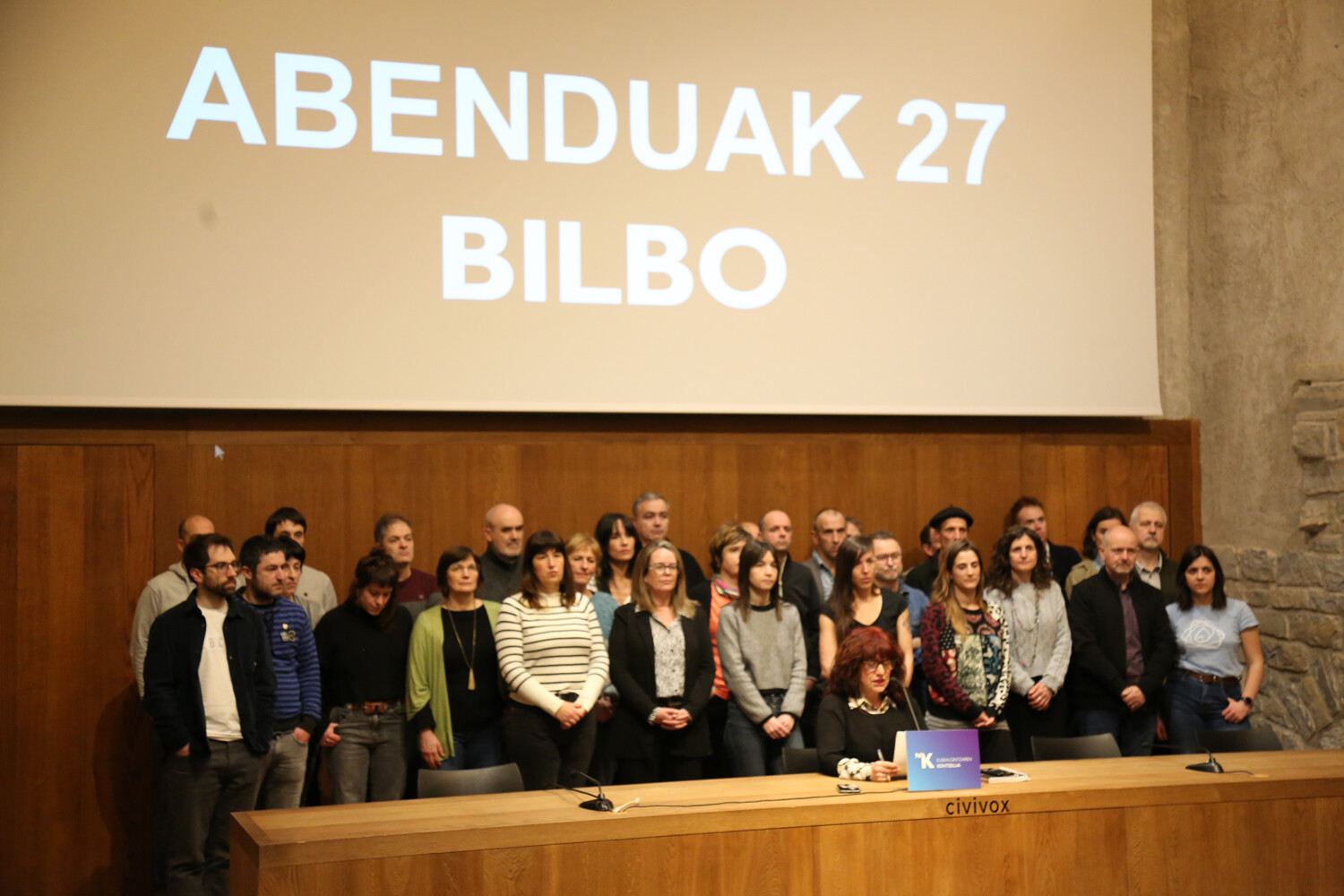The Italian neofascists are back in charge.
- With the majority of votes, the victory of the Italian neo-fascist party of the Brothers can turn Giorgia Meloni into the Italian Prime Minister in the coming weeks. The one on the right has dominated the bloc in most of the country.

What was said in the polls has been complied with and Giorgia Meloni was imposed in the Italian presidential elections. The ultra-right leader obtained 26.5% of the votes, followed by the candidate to the left of the centre (PD) Enrico Letta with 19.4% of the votes and the third place Giuseppe Conte, former minister of the Star 5 Movement, with 14.8% of the votes.
Although the ultra-right party Lega de Salvini in the right-wing block and the Forza Italia in Berlusconi have fallen below 10% of the votes, the right-wing block has obtained enough Members to support the possible government that Melon would run in the sitting that was in Parliament. Meloni’s next work will be to agree with the Italian President, Giuseppe Matarella, the conditions for forming a government.
Great importance of coalitions
The right makes coalitions and adds a lot of votes, but the left has not been able to present candidates for the union from the very beginning.
The one in Italy is an electoral system that prefers coalitions. From the outset, the right agreed on its intention to present itself as a coalition in all possible electoral areas. In 37% of the seats or, rather, in 147 sections of the country where a single candidate is elected, it is essential to present a coalition to concentrate votes on a candidate. This has been done by the right adding a lot of votes, while the left has been unable to table candidates for union from the very beginning. This factor is essential to understand the victory of Meloni and, in general, of the right bloc. I would have to think left, because these discrepancies are the ones that have facilitated Meloni's access to the Chigi Palace.
As is often the case in most countries, abstention has helped the far right. Since the establishment of democracy, there has never been one abstention such as that of Sunday in Italy. The turnout was 63.91%, ten points lower than in the last general elections in 2018. The far-right ghost has also not activated an electorate that is becoming more and more accustomed to staying at home.
Losers to the right and left
The main loser of the night has been the candidate to the left of the center Enrico Letta (PD). What appeared as an alternative to Melon in the polls has failed to stop the right-hand tip and Meloni storm. This could call Letta into question and it strengthens those who demand the reshaping of the party the umpteenth time. Although it has been many hours since the main results were made public, at the time of writing this article, Letta has not yet made a public assessment of the results. The Herri Batasuna list, addressed to his left and by the former mayor of Naples, Luigi de Magistris, has also not obtained the expected results with the public and media support of Melenchon and Pablo Iglesias in recent weeks. For the Italian left, which has been in a crisis for years, it has been another day of hard elections.
On the right, the clear loser was Matteo Salvini, falling below 10% of the votes. Moreover, Lombardia and Veneton, from the history of the northern feud, have also been imposed on Melon. Despite this, the ultra-light leader born in Milan has reiterated his intention to govern with Melon. We have to see what the role of Salvini and Lega will be in that possible government after these results.
The spokesman for the left, Il manifesto, clearly states that the other candidate who is strengthened from the elections is former Prime Minister Giuseppe Conte. Through a very dynamic campaign, the weakest 5-star movement has been maintained and won in its historic southern fiefdoms. If Letta has been put at risk, it seems that the votes have strengthened Condé. It is to be seen the position of a populist movement as 5 stars in the face of the policies of a possible government at the far right, it should not be forgotten that in 2018 the movement came to sign a government pact with the Salvini Law.
Far-right government
Meloni achieves in Italy what Le Pen did not achieve in France. The same year as the centenary of the fascist march from Musolini to Rome, the Italian neofaxists are back in charge of the country. 100 years ago, fascism needed the help of liberals and monarchists to seize power. On this occasion it seems to have the support of Silvio Berlusconi. The weight of the Berlusconi or Salvini Act in this possible government remains to be seen. Enric Juliana, an expert in Italian politics at La Vanguardia, assured on public television of the Spanish State that he will probably be a seagull who will wage a cultural war. On the economic and geopolitical level, however, Melon will not affect Italy’s Atlantic position.
Bad times come for the country’s minorities. Because we know where that government of the future will be held accountable for the country's structural problems. If it is not in Parliament, Italian society will have to organise itself outside it in order to deal with the reactionary storm.
Linear A is a Minoan script used 4,800-4,500 years ago. Recently, in the famous Knossos Palace in Crete, a special ivory object has been discovered, which was probably used as a ceremonial scepter. The object has two inscriptions; one on the handle is shorter and, like most of... [+]
Londres, 1944. Dorothy izeneko emakume bati argazkiak atera zizkioten Waterloo zubian soldatze lanak egiten ari zela. Dorothyri buruz izena beste daturik ez daukagu, baina duela hamar urte arte hori ere ez genekien. Argazki sorta 2015ean topatu zuen Christine Wall... [+]
Gozamen aparta bezain deskribatzeko zaila dakar, norbaiten hitzak irakurri edo entzun ostean, zera pentsatzeak: “Horixe zen neu aurreko hartan azaltzen saiatu nintzena!”. Idazlea eta itzultzailea da María Reimóndez, eta galegoz aritzen da, hizkuntza... [+]
Segurtasun falta dagoen irudipena handitu dela azaldu du Eustaten azken txostenak. Gurean, Trapagaranen, Segurtasuna orain, delinkuenteen aurka manifestaziora deitu dute herritar batzuek.
Bi izan dira sentsazio hori zabaltzeko arrazoiak. Batetik, udalak Udaltzaingoaren... [+]






















